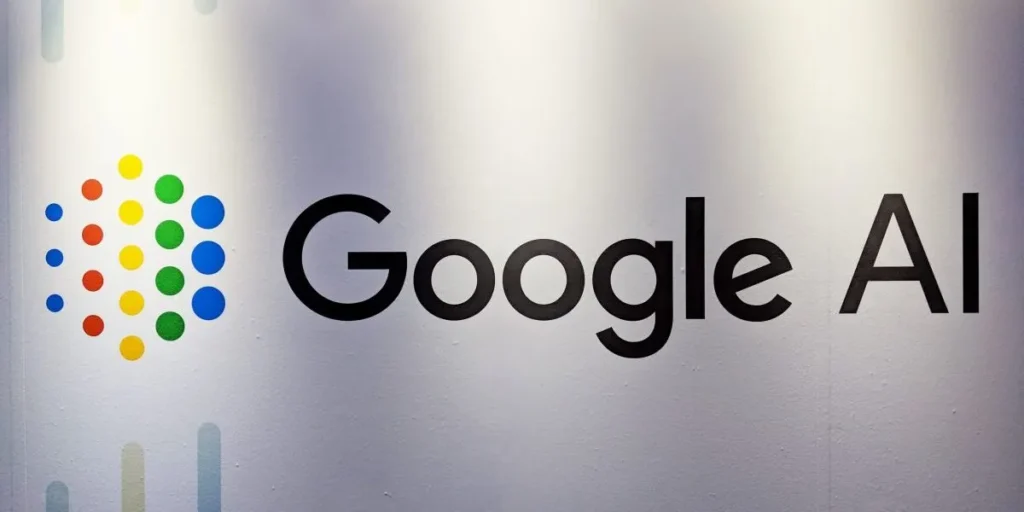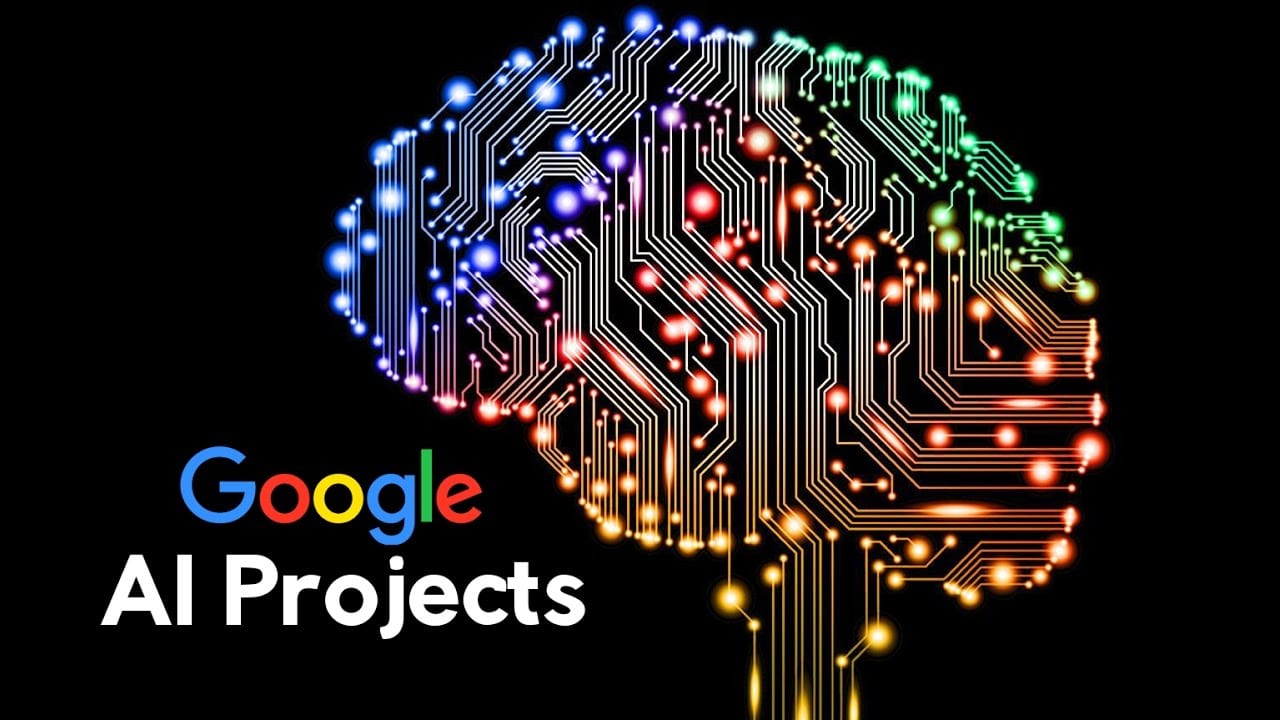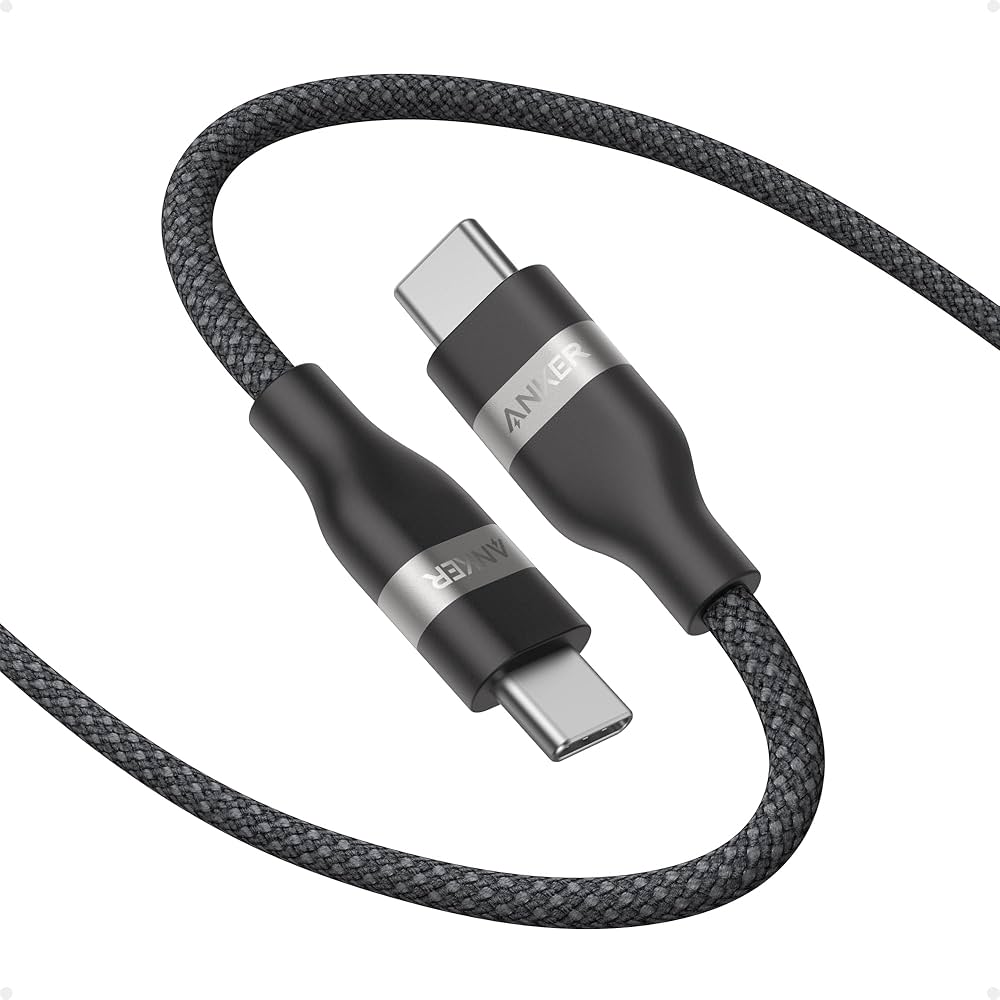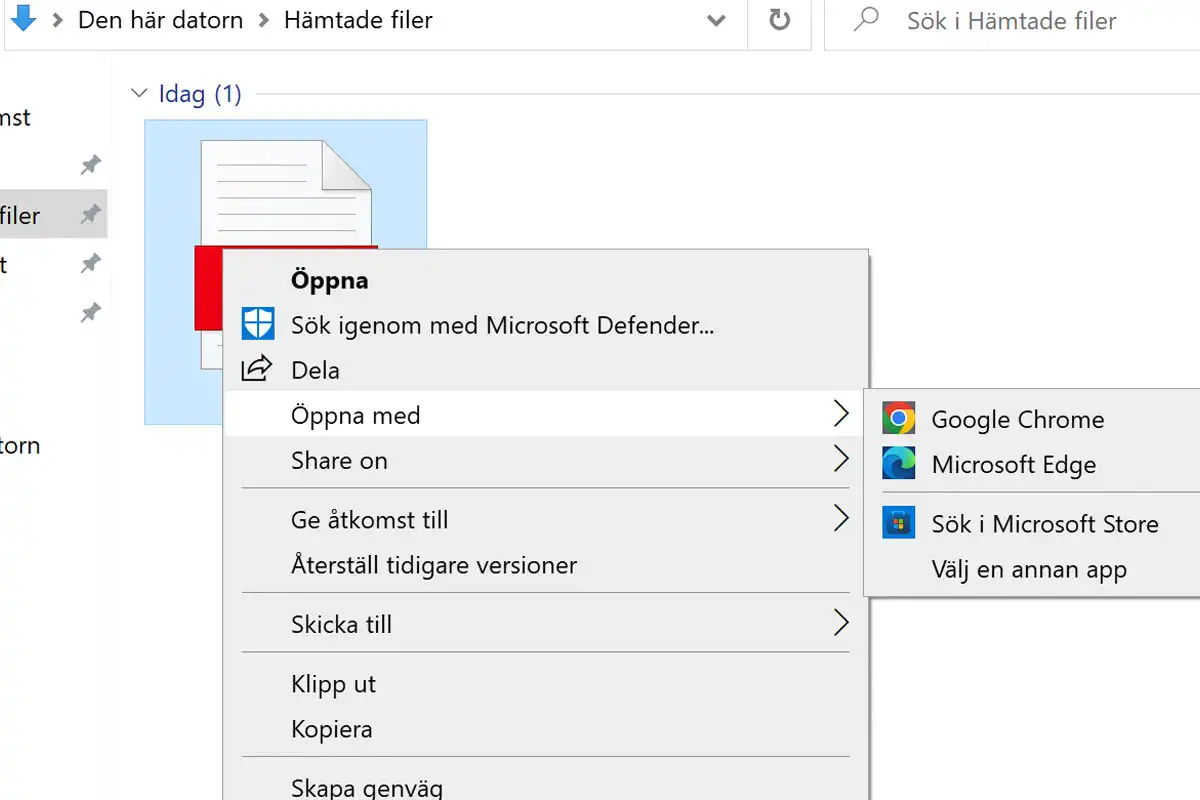
Google bids adieu to its AI chatbot Bard and welcomes Gemini, aligning the chatbot’s name with the AI model introduced last December. Originally known for its poetic undertones, Bard’s transformation into Gemini signifies a strategic move towards a more cohesive branding approach.
Despite its initial mixed reception, Bard has undergone significant updates over the past year, including recent advancements enabling image generation from text. The decision to rebrand the chatbot aims to provide users with a clearer understanding of their interactions with the Gemini AI model, as highlighted by Sissie Hsiao, vice president and general manager of Gemini experiences and Google Assistant.
While the transition from Bard to Gemini involves new branding elements such as a revamped logo, applications, and the introduction of a premium version named Ultra, the core functionality remains largely unchanged. However, users may encounter instances where Gemini inadvertently identifies itself as Bard during the transition phase, attributed to challenges in self-awareness.
Google’s strategic realignment coincides with broader developments in the generative AI landscape. Competitors such as OpenAI and Microsoft are making significant strides with their respective AI models and tools, indicating a burgeoning market projected to reach $1.3 trillion by 2032.
Alongside the rebranding, Google introduces two new Gemini apps for Android and iOS, catering to users in the US initially, with plans for expansion into the Asia Pacific region. Additionally, Gemini is poised to become the primary assistant on Android devices for users who opt in, signaling a gradual transition away from Google Assistant on mobile platforms.
Hsiao emphasizes Gemini’s conversational and multimodal capabilities, allowing users to engage with the chatbot through audio, text, and images seamlessly. Furthermore, Gemini enables continuity across devices, facilitating uninterrupted conversations and enhancing user experience.
Despite its advancements, Gemini’s reliance on large language models (LLMs) presents inherent challenges such as accuracy issues and susceptibility to hallucinations. To mitigate these risks, Google introduces features like double-checking responses and unveils Gemini Advanced, offering access to the state-of-the-art Ultra 1.0 AI model through the Google One subscription service.
Lastly, Google rebrands its Duet AI tools as Gemini for Google Workspace and Google Cloud, further integrating AI capabilities into its productivity suite. As Gemini continues to evolve, Google remains committed to enhancing its capabilities and expanding its reach across diverse user scenarios.




